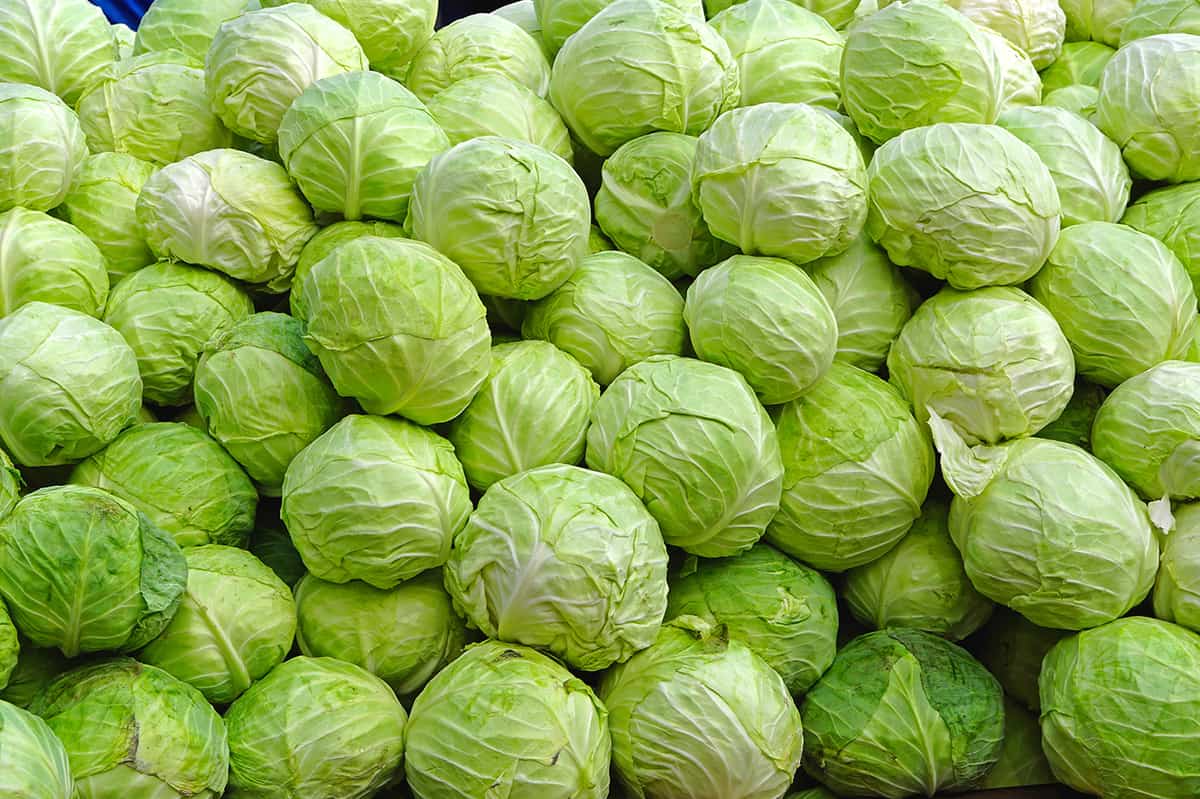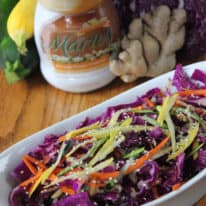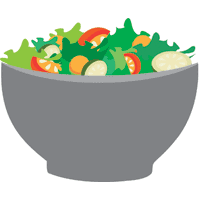Cabbage
Seasonality:
Cabbage is available year-round in most regions, with peak season being November to April.
Health Benefits of Cabbage:
Cabbage is an excellent source of Vitamins K, C and B6. It is also a very good source of manganese, fiber, potassium, Vitamin B1, folate and copper.
Cabbage is also a good source of choline, phosphorus, Vitamin B2, magnesium, calcium, selenium, iron, pantothenic acid, protein and niacin.
How to Select Cabbage:
Look for cabbage heads that are firm and heavy for their size, but not too large. Leaves should be crisp with a nice luster.
Avoid cabbages with wilted or blemished leaves.
How to Store Cabbage:
Keep cabbage wrapped in plastic or stored in a plastic container. Store in the crisper drawer of your refrigerator for up to 1 month.
How to Prepare Cabbage:
Remove outer leaves and rinse cabbage under cool, running water.
Use a long, sharp knife to cut the cabbage in quarters and remove the white core. Then, slice, shred or chop as needed.
Fun Facts About Cabbage:
The largest cabbage dish ever made weighed 1,221 pounds.
Cabbage is closely related to broccoli, Brussels sprouts, and cauliflower.
Cabbage comes in four main types: Green, red (or purple), Savoy and napa.


















